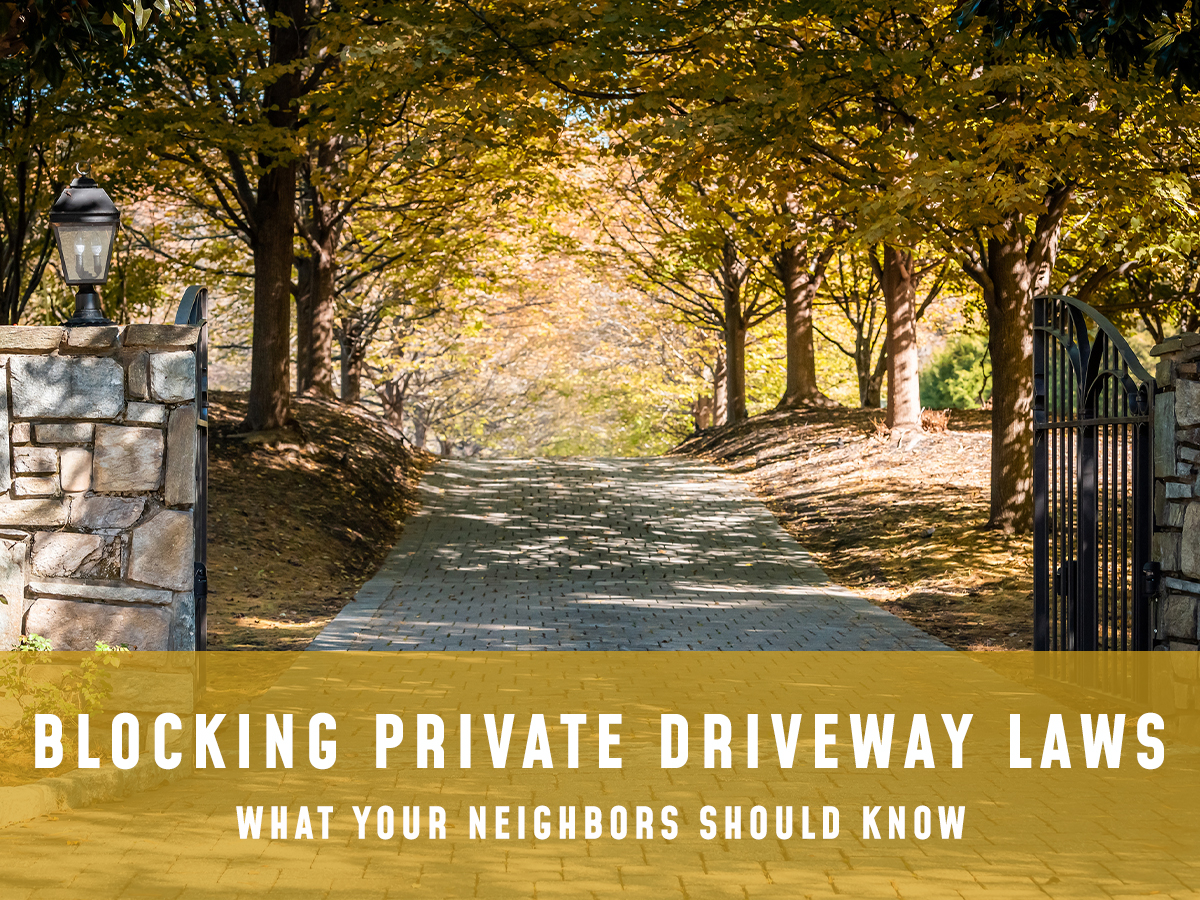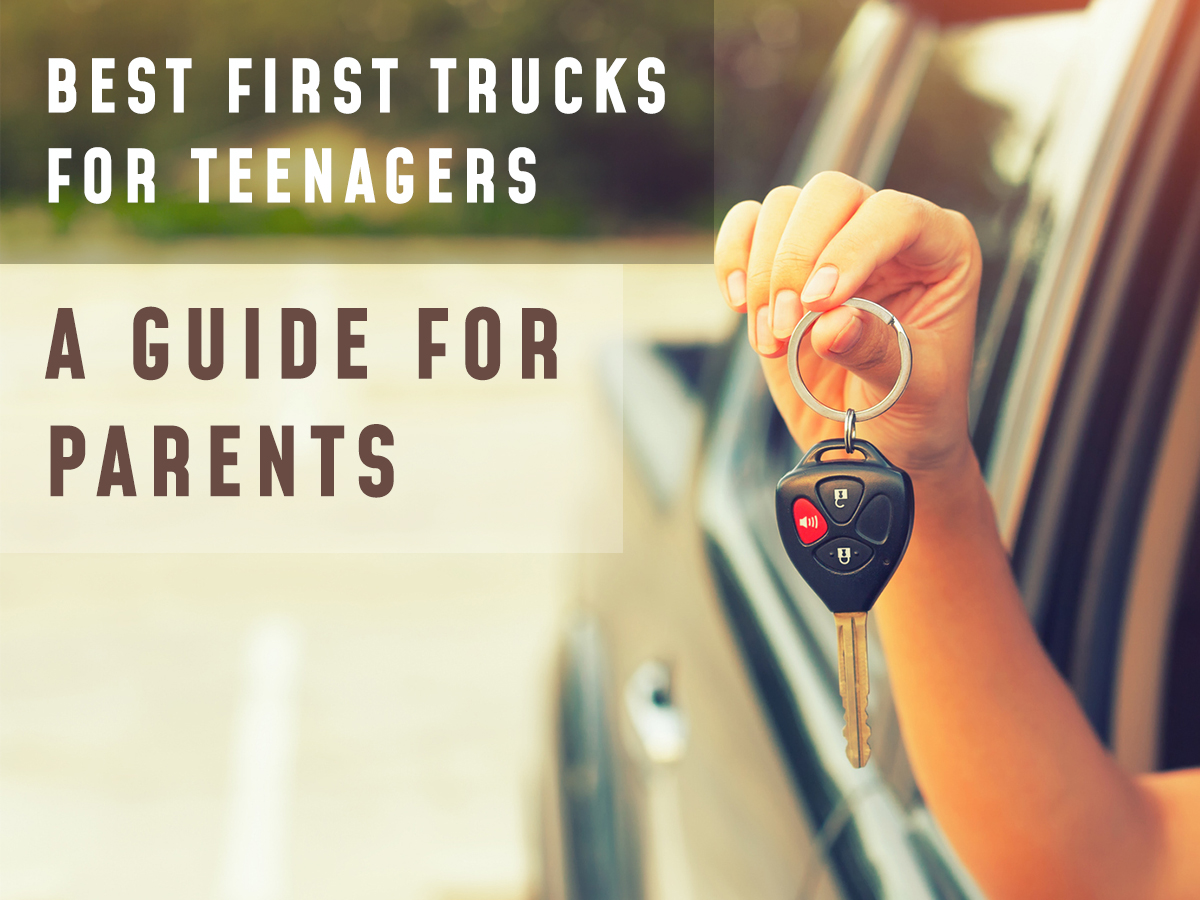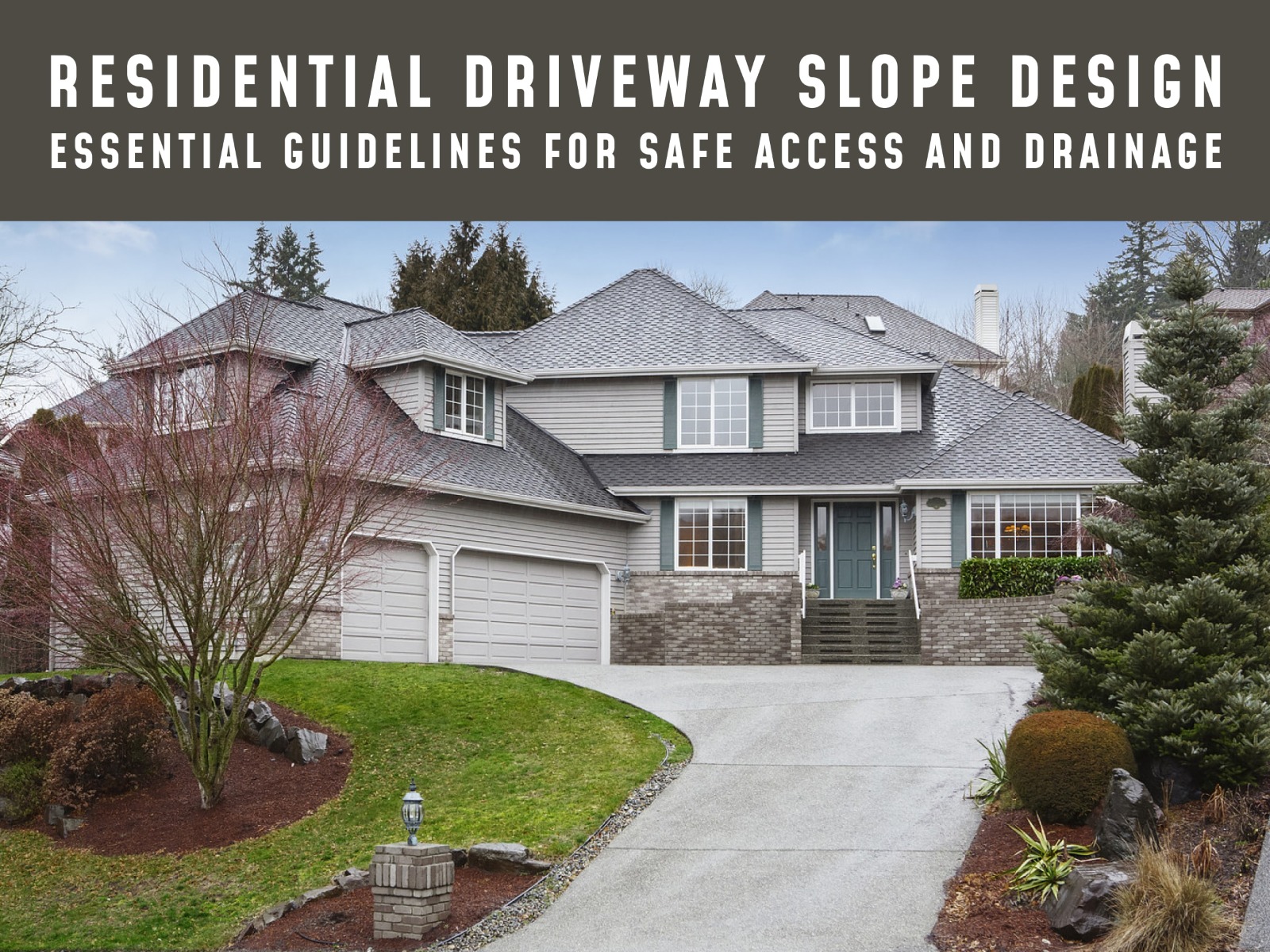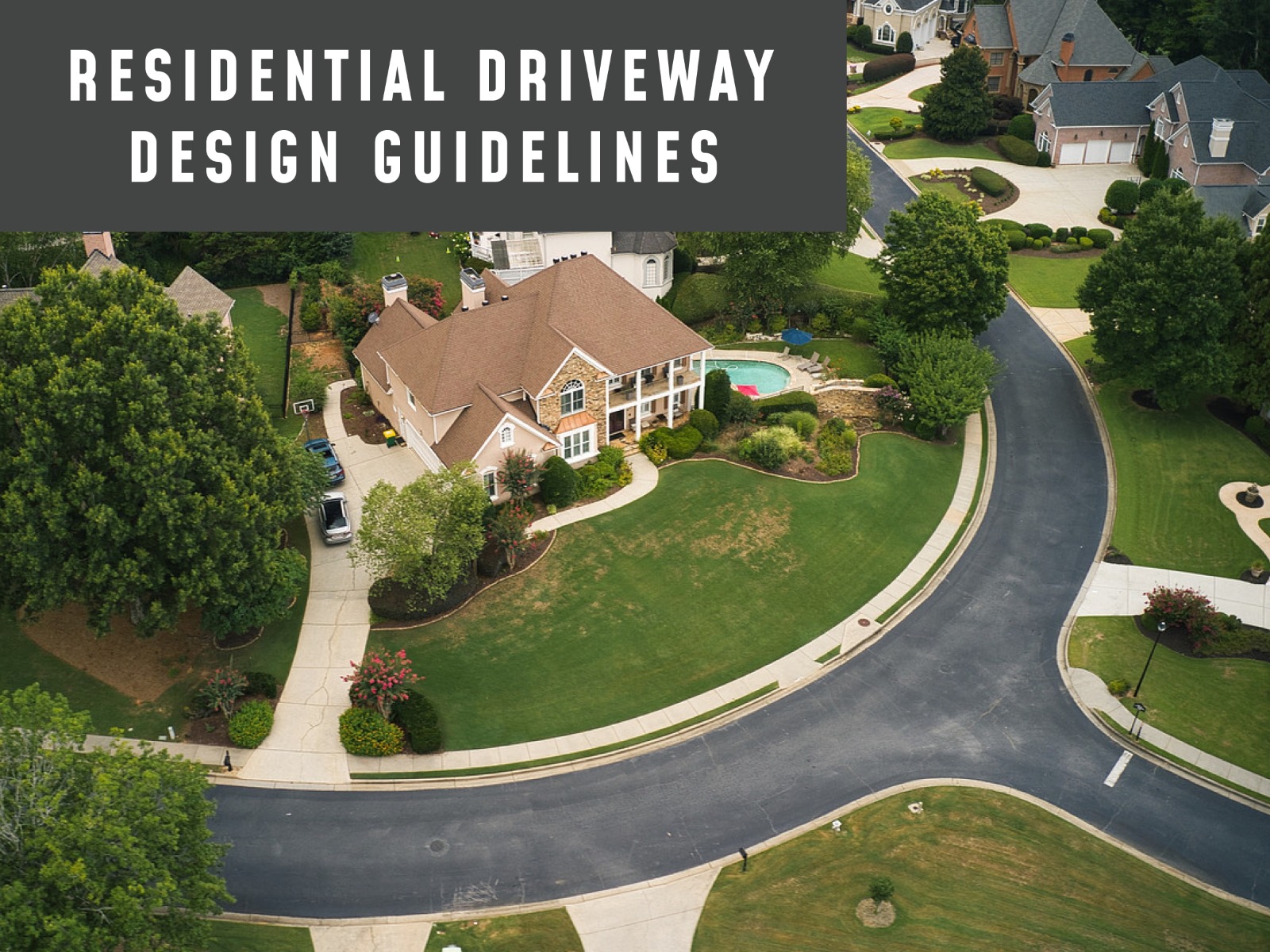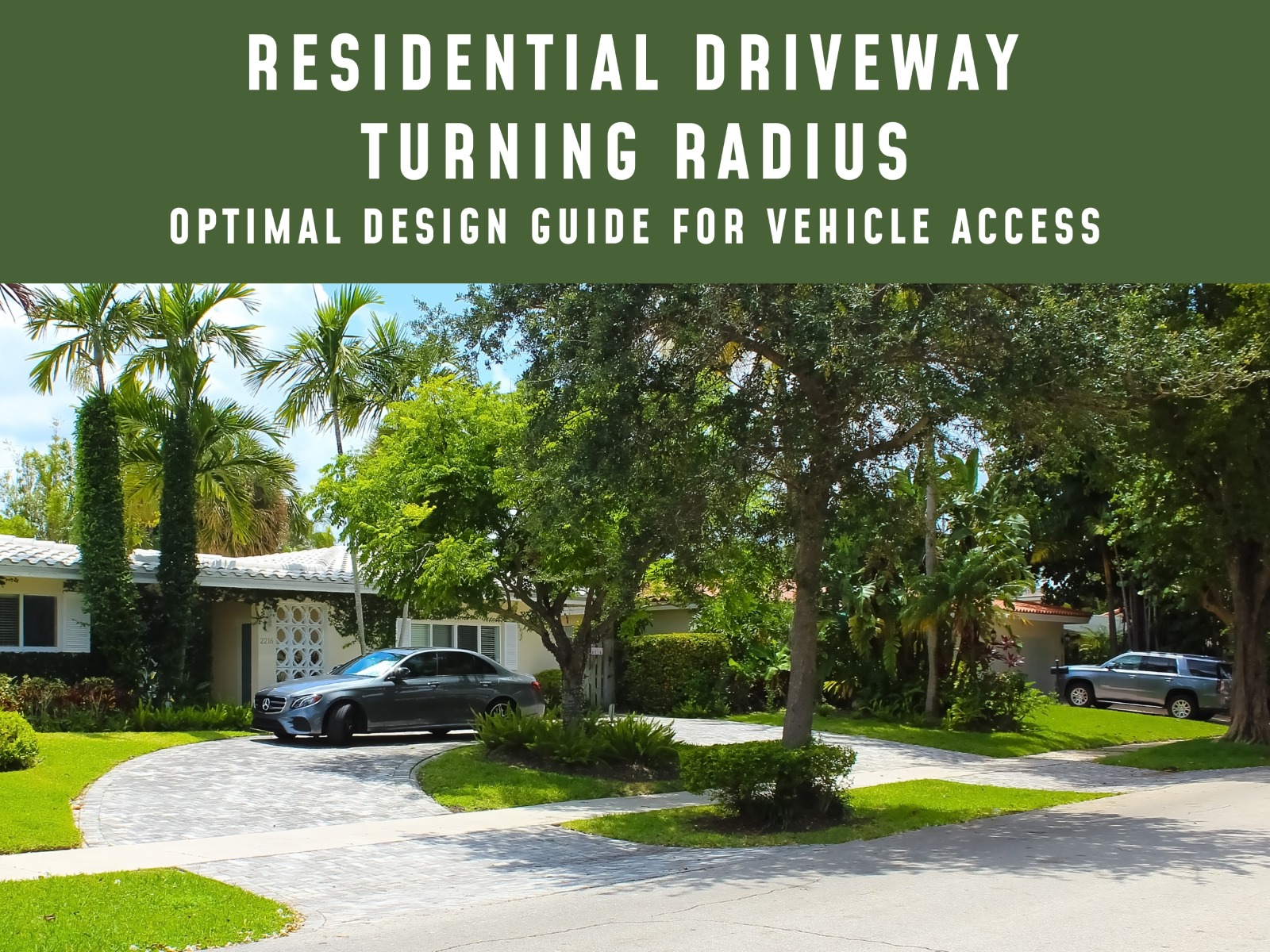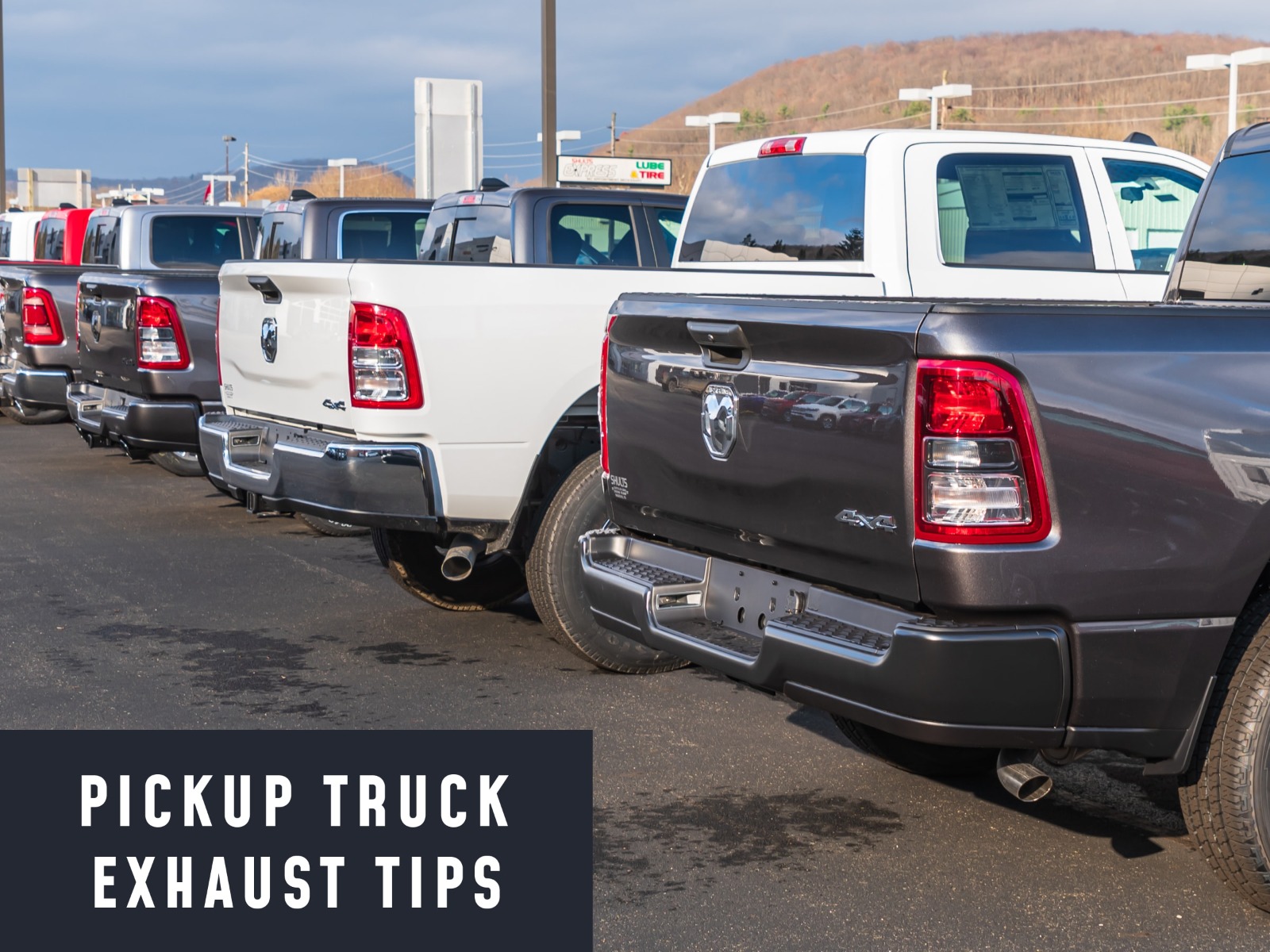Blocking a private driveway can lead to numerous legal issues and disputes among neighbors. It's important for everyone to understand the concept of private driveway laws to avoid unnecessary conflicts and maintain positive relationships within the community.
This article provides a comprehensive overview of the rights and responsibilities associated with private driveways, the role of local authorities in enforcing driveway laws, strategies to resolve disputes, and tips to prevent driveway blocking. By familiarizing yourself with these important considerations, you can ensure a harmonious living environment and promote good neighborly relations.
Understanding Private Driveway Laws
Private driveway laws dictate the rights and responsibilities of homeowners in relation to their driveways. These laws are in place to safeguard property owners' access to their homes and ensure the smooth flow of traffic in residential areas. Knowing the basics of private driveway laws is essential to avoid unintentionally blocking or being blocked from accessing your driveway.
The Basics of Private Driveway Laws
In most jurisdictions, private driveways are considered to be part of private property rather than public space. This means that property owners have exclusive rights to use their driveways for accessing and parking their vehicles and must ensure their driveways do not obstruct other people's access to public roads or neighboring properties.
Private driveway laws typically require homeowners to keep their driveways clear and accessible at all times. Blocking a private driveway, even for a short period, can lead to legal consequences and strained relationships between neighbors.
Legal Implications of Blocking a Private Driveway
Aside from causing inconvenience, delays, and frustration for the affected homeowner, blockading someone's private driveway is considered a trespassing offense in many jurisdictions. Anyone intentionally obstructing access to a private driveway can face legal penalties, including fines and even potential criminal charges.
It's crucial to respect the rights of others and to be mindful of the potential consequences of blocking a private driveway. Always be considerate and avoid parking or stopping in front of someone's property without their permission, even if it is just for a moment.
The Rights of Homeowners Regarding Private Driveways
As a homeowner, it's vital to understand your rights and responsibilities when it comes to your private driveway. By being aware of the legal framework surrounding private driveways, you can protect your property and navigate any potential disputes effectively.
Homeowner's Rights and Responsibilities
Homeowners have the right to unobstructed access to their driveways at all times. This means that no one has the authority to block or prevent homeowners from entering or exiting their properties through their driveway.
On the other hand, homeowners also have responsibilities when it comes to their driveways. Some of the most important responsibilities are:
- Ensuring the driveway does not impede the access of others
- Maintaining a clear path for pedestrians and vehicles passing by the driveway
- Maintaining clear signage
- Ensuring the driveway is easily identifiable
- Communicating with neighbors to prevent misunderstandings and conflicts
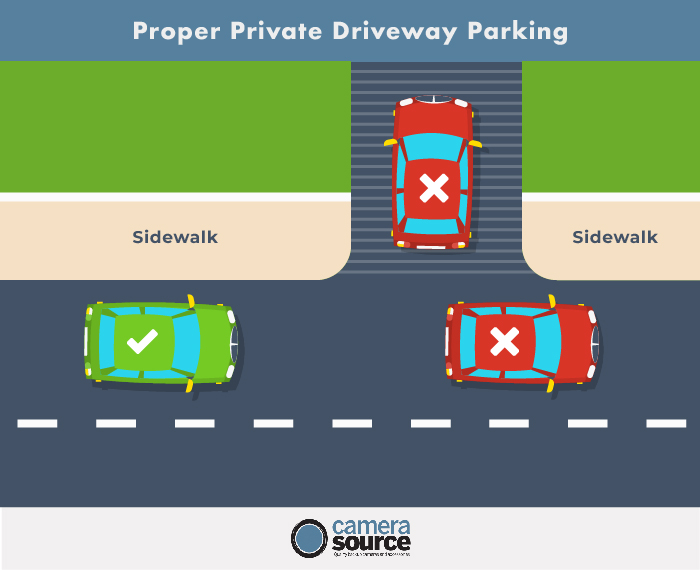
How to Legally Protect Your Driveway
To protect your driveway legally, it's important to consult local regulations and ordinances that pertain to private driveways in your area. Each jurisdiction may have specific rules and guidelines that homeowners must adhere to regarding driveway construction, dimensions, and maintenance. Ways in which homeowners can protect their driveways include:
- Become Familiar with Driveway Regulations: Familiarize yourself with any specific rules or restrictions governing driveway dimensions, parking etiquette, or temporary obstructions. By understanding these regulations, you can ensure that your driveway complies with the law and avoid any potential violations that may lead to disputes with local authorities or neighbors.
- Document Instances of Driveway Blockages: Capturing clear photographs of a driveway blockage and maintaining detailed records can strengthen your case, making it easier for the appropriate channels to address the issue promptly. Remember to include relevant details such as the date, time, and duration of the obstruction to provide a comprehensive account of the situation. Camera and audio equipment found here at Camera Source can greatly improve any necessary documentation.
Understanding your rights and responsibilities as a homeowner regarding your private driveway is crucial for maintaining a harmonious living environment. By being aware of the legal framework surrounding private driveways and taking proactive measures to protect your rights, you can ensure that your driveway remains accessible and unobstructed.
The Role of Local Laws and Authorities in Enforcing Driveway Laws
Local authorities play a crucial role in enforcing driveway laws and ensuring the smooth functioning of residential neighborhoods. Understanding how local laws impact private driveways and the process of reporting driveway blockages is vital for homeowners seeking resolution in cases of illegal obstructions.
Local laws pertaining to private driveways can vary from one jurisdiction to another. Local authorities have the power to enforce these laws and address issues related to blocked private driveways. By reporting instances of driveway blockages to the appropriate department, homeowners can seek assistance in enforcing their rights and resolving disputes in a legal and orderly manner.
The Process of Reporting Driveway Blockages
If you find your private driveway blocked, it's important to take the appropriate steps to ensure a swift resolution. Steps you should take are:
- Document the Incident: Document the incident with photographs and capture any evidence that proves the obstruction.
- Report the Blockage: Once you have collected the necessary information, report the issue to the local authority responsible for enforcing driveway laws.
- Provide Details: Provide law enforcement with all relevant details, including the time and date of the incident, a description of the vehicle or object blocking your driveway, and any supporting evidence you have collected. Authorities will investigate the matter and take appropriate action to address the situation.
Resolving Disputes Over Blocked Driveways
When faced with a situation where your driveway is blocked, it's crucial to prioritize peaceful resolution strategies and maintain open lines of communication with your neighbors. Proactively addressing the issue can help foster understanding and prevent conflicts from escalating. Peaceful resolution strategies include:
- In-Person Approach: Approaching your neighbors calmly and diplomatically is often the first step towards finding a peaceful resolution to a blocked driveway issue. Sharing your concerns in a polite and respectful manner can often lead to a mutually satisfying solution.
- Involve a Third Party: If direct communication is ineffective, consider involving a neutral third party, to help facilitate a fair conversation between you and your neighbors. Mediation can provide an unbiased platform for discussing concerns and finding agreeable solutions.
When to Seek Legal Assistance
In some cases, peaceful resolution strategies may prove ineffective, and disputes over blocked driveways may persist. In such situations, it may be necessary to seek legal assistance. Consult with a real estate lawyer who specializes in property disputes to understand your legal options and determine the best course of action to protect your rights as a homeowner.
Remember, involving legal professionals should be considered a last resort, as it can strain relationships and escalate conflicts. Always strive for amicable solutions before resorting to legal action.
Preventing Driveway Blocking: Tips and Strategies
Prevention is key when it comes to avoiding driveway blockages and maintaining harmonious relationships with your neighbors. Below, we’ve broken down the two most effective methods to prevent driveway blockages.
1. Effective Communication with Neighbors
Open lines of communication are vital in any neighborhood to ensure a smooth coexistence. Establish strong relationships with your neighbors and foster an environment conducive to addressing concerns openly and constructively. By maintaining a friendly rapport, you can create a supportive network that values mutual respect and consideration.
If you plan to have visitors, particularly during events or gatherings that may cause an increase in vehicles, inform your neighbors in advance. Providing them with notice and discussing potential parking arrangements can help avoid unexpected obstructions and alleviate any concerns related to blocked driveways.
2. Using Signs and Barriers to Prevent Blocking
Placing clear and visible signage around your driveway can serve as a deterrent to potential blockers. Signs that indicate private property or no parking zones can help reinforce your driveway's exclusive usage and discourage unauthorized parking. Additionally, physical barriers, such as small fences or bollards, can be employed to physically prevent vehicles from blocking your driveway.
However, it's important to consult local regulations before installing any permanent barriers. Ensure that your chosen signage and barriers comply with local laws and regulations to prevent any unintended legal consequences.
Consequences of Ignoring Private Driveway Laws
Ignoring private driveway laws can have significant legal, financial, and social consequences. As a responsible member of the community, it is crucial to acknowledge and abide by these laws to preserve the harmony and well-being of your neighborhood.
- Potential Legal Penalties: Continuously blocking private driveways can lead to legal penalties, including fines and potential criminal charges. By disregarding private driveway laws, you risk facing severe financial and legal ramifications.
- Impact on Neighborhood Relations: Ignoring private driveway laws not only results in potential legal repercussions but also damages neighborly relationships and the overall sense of community. Continually blocking someone's driveway can create animosity and lead to long-lasting conflicts.
By adhering to private driveway laws and promoting a culture of compliance, you contribute to a harmonious living environment where all residents can enjoy their rights and live in peace.
Private Driveways: The Takeaway
Understanding private driveway laws is essential for every homeowner. By being aware of these laws, you can protect your rights and actively contribute to a positive and respectful community. Whether you need to address a blocked driveway, prevent obstruction, or resolve disputes amicably, Camera Source can elevate your security game and safeguard your property with cutting-edge camera systems.
Don't compromise on safety – explore our range of top-tier products and make the smart choice today. Visit Camerasource.com today.

